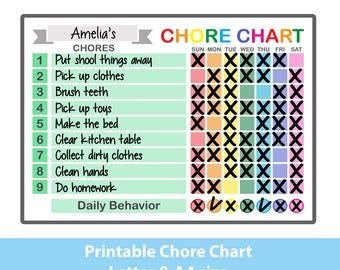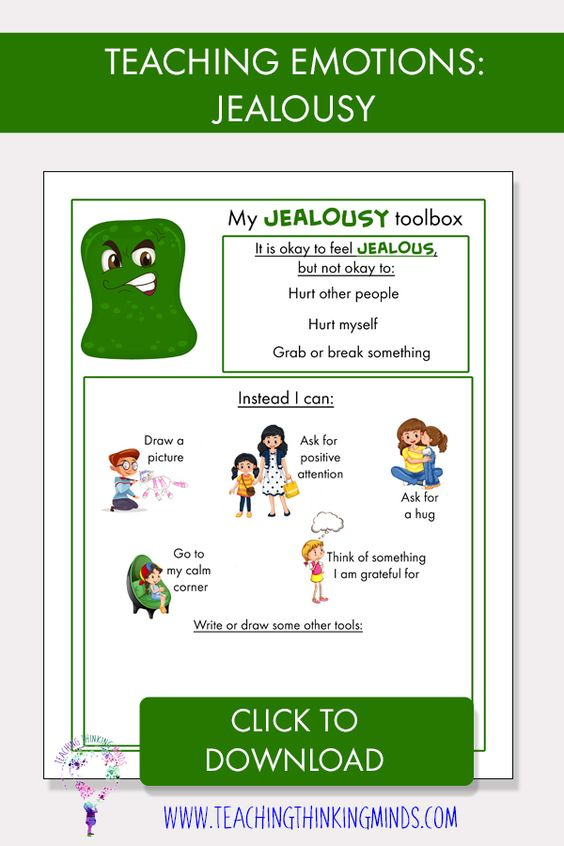10-year-old Akshay is sitting on the stairs. He looks grumpy and upon being asked says, “Everyone loves my brother more, I am stupid and I hate him.”

What caused Akshay to behave this way?
The reason Akshay behaved this way is jealousy. Jealousy is a normal reaction to someone who threatens a social bond. It stems from insecurity and the feeling of “I’m not enough.” Here, Akshay feels that his brother gets more attention and feels unloved.
Is it the same as envy?
Jealousy refer to the fear of losing someone or something. Envy refers to the need to have something that someone has. In this article we will talk about ways to combat both.
How does it affect adulthood?
In today’s world children are constantly competing with each other. It can be in the form of grades, Instagram followers or virtual game points. This can take a toll on their mental health and lead to poor choices.
If not handled at an early stage, jealously can either lead to anger or sadness. The long term effect could be cyber bullying or depression.
How can we overcome jealousy?
Build self-esteem- Jealousy stems from the thought, “I am not good enough”, “They are better than me”. Building self-esteem changes the though to “I am trying my best and enough as I am.” (See: Does your child love themself?)

Use it to channelize inspiration- Listen to what’s making your child jealous and tell them it is absolutely okay to feel so. Take it as a motivator and use it to work on a skill or a habit in a productive manner. For example: If a child says, “My friend is so good at quizzing I feel so stupid”. You could respond by acknowledging how they feel and then asking “ Do you want to work on your quizzing skills?” If the child says no, you can respond by asking, “Yes, your friend is good at quizzing, but you have been working on your dance skills, I am proud of you.” By focusing on these traits, you teach your child that being the best isn’t the point – it’s being the best you can be.

Encourage non-materialism- Sometimes we get too attached to objects and a child may do the same. For example, they may say, “Everyone has the latest board game, I want one too!”. Talk to a child about how every family has different monetary priorities and living standards. If that does not work, use it to teach the value of money. Ask them to do home chores or volunteer to earn the board game by giving an allowance. This way you are setting them up for independence and value in the long term.

Avoid comparing- Being brought up with two siblings, inferiority complex has been common for me. However, my parents helped me work through it by never comparing us. Avoid using phrases like “More like your sister” or “He is doing it better”. Instead, celebrate individual strengths and promote learning from each other. This way you are teaching the child that the only person they should compare themselves with, is the person they were yesterday.”

Saying No- Giving into the demands of a squealing child feeds jealousy. By saying no, you instill an appreciation for the times you say yes. Children naturally start valuing the things they receive.

Name it to tame it - For younger children, naming jealousy can help. For example: “I see James the jealous monster is coming up again, How can we fight him?” List down affirmations and ways to beat jealousy in advance. This normalizes the emotion and children feel better equipped to handle it.

Practise complimenting- Instead of “Why is that person better than me?” shift to “Wow, that person is great and what they are doing.” Complimenting others can remove feeling of inferiority and focus on appreciation. The habit of appreciating others leads to better relationships too.

Feelings are natural and normal, and expressing them and getting support, helps children to grow up feeling better. Let’s enable children to tame the green-eyed monster in their lives.



